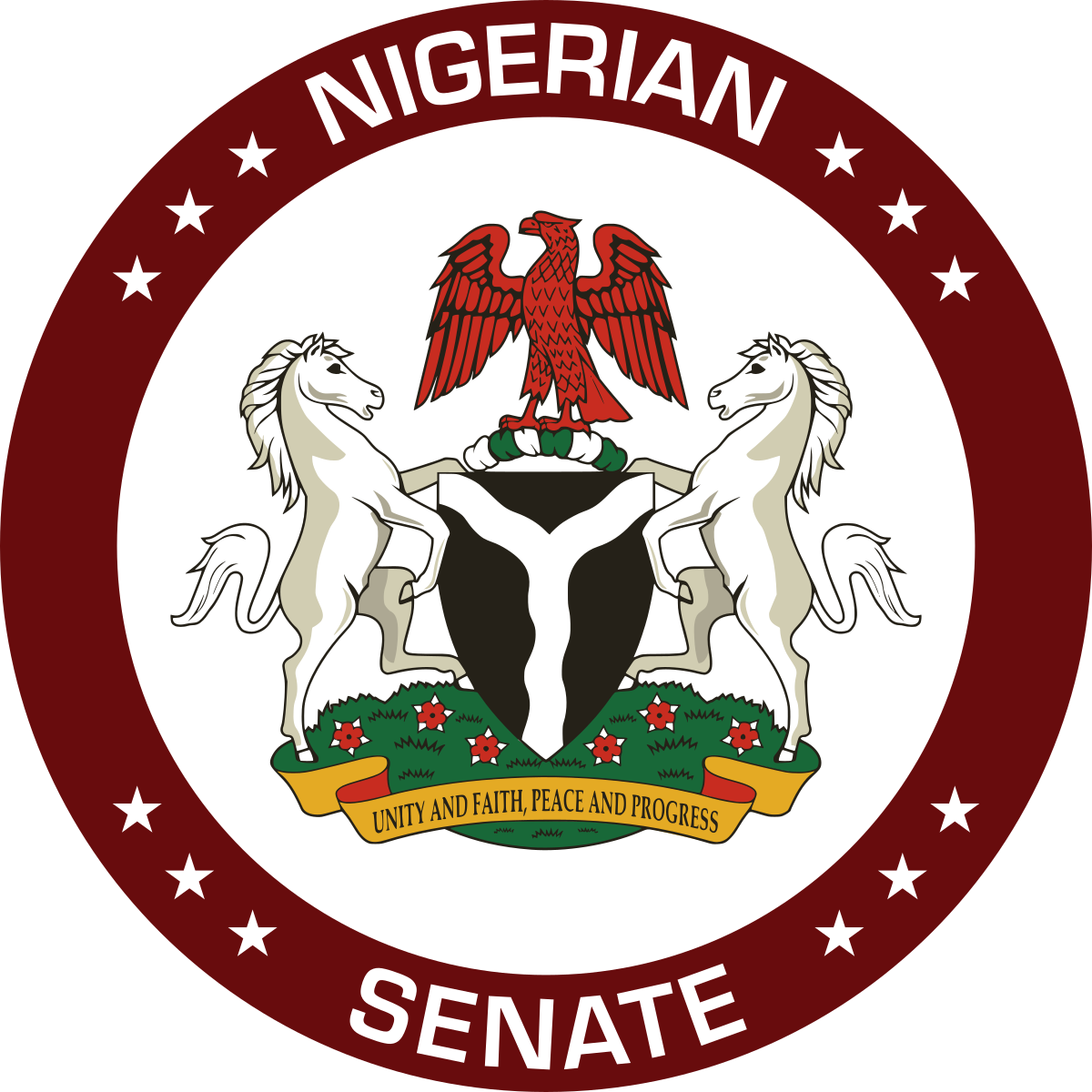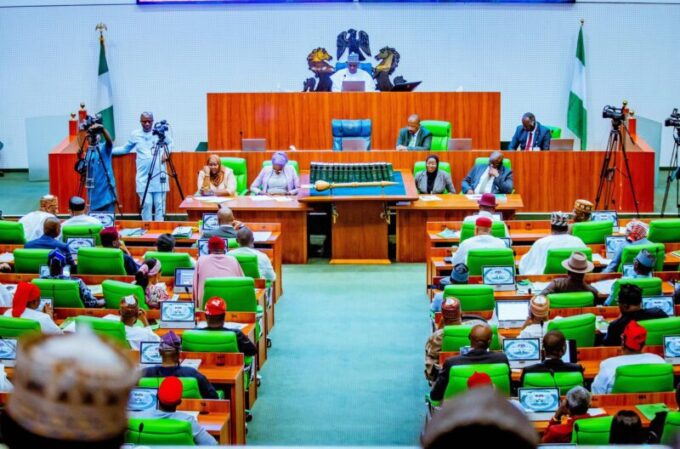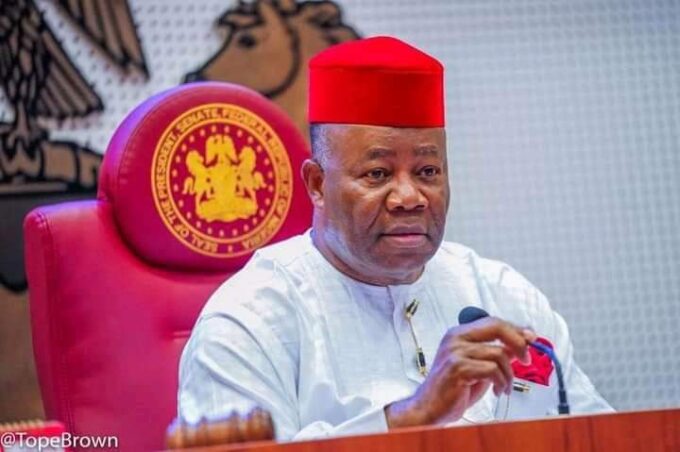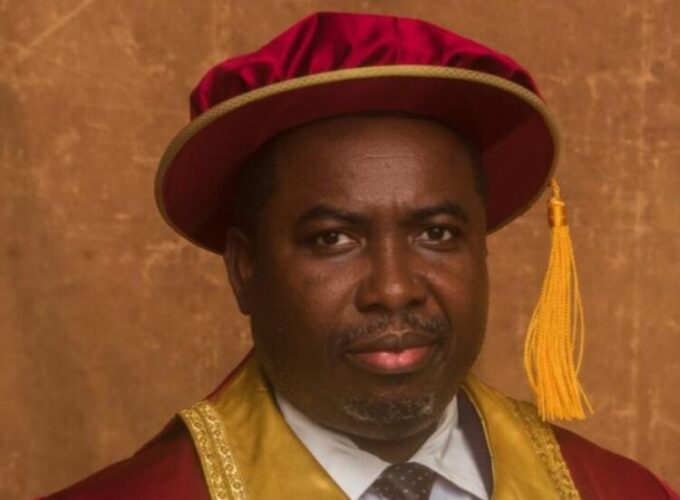The Senate has initiated a high-level mediation effort to resolve the ongoing standoff between the Academic Staff Union of Universities (ASUU) and the Federal Government, with the primary goal of getting students back into classrooms.
Following a meeting with ASUU leadership on Friday, Senator Muktari Dandutse, Chairman of the Senate Committee on Tertiary Institutions and TETFUND, announced the intervention. He clarified that reopening universities would not end the negotiations but would foster a better environment for them.
“Returning to school does not mean the issues are closed; it creates a conducive environment for continued dialogue,” Dandutse stated, outlining a plan to facilitate talks between ASUU, the Ministry of Education, and the National Universities Commission.
Senator Karimi Sunday highlighted specific unresolved welfare issues, stating, “There are concerns over conference, group, and journal allowances. These must be properly reviewed to ensure they reach those entitled to them.” He emphasized the Senate’s aim to balance fiscal realities with staff welfare, adding, “We cannot continue to allow strikes to cripple our institutions. This is about fairness, equity, and national progress.”
Former labour leader Senator Adams Oshiomhole framed the crisis in stark economic terms. “If a book costs N100 and inflation leaves a student with N75, education becomes inaccessible,” he noted.
He also warned of a brain drain, cautioning that “If our best brains leave the classrooms for other sectors, we lose the foundation for innovation. A country that abandons its teachers cannot develop its technology.”
While acknowledging the Senate’s efforts, ASUU President Prof. Chris Piwuna stood firm on the union’s position. He confirmed that the government’s latest proposal was unacceptable as it “falls outside the Nimi Briggs benchmark that was earlier agreed upon.”
Piwuna also defended the union’s use of industrial action, noting, “We always pursue dialogue first. Unfortunately, it is only when we withdraw our services that the government becomes responsive.” He stressed that any decision to suspend the strike would be made democratically by the union’s members.














Leave a comment